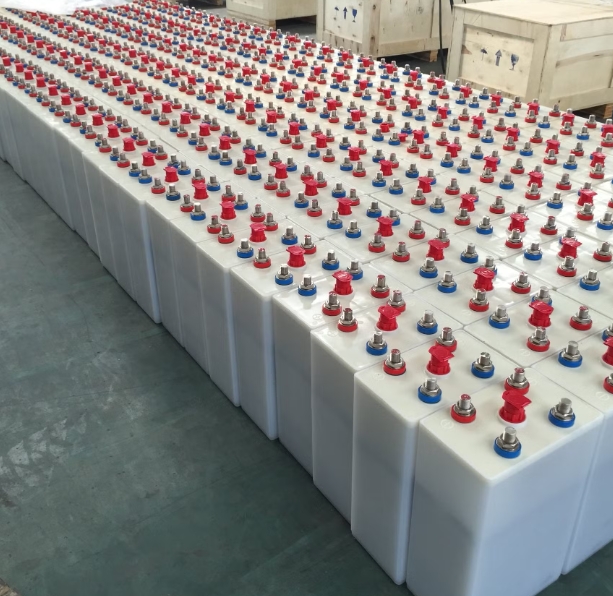Both NiCd and Lead-Acid batteries have found diverse applications, but the differences in their characteristics make them better suited to different roles in the energy storage market.
NiCd Battery Applications
NiCd batteries are known for their ability to deliver consistent power output over a long period and their ability to tolerate frequent deep discharge cycles. These features make NiCd batteries ideal for use in:
- Power tools: Their durability and longer cycle life make them the preferred choice for high-drain devices like drills, saws, and other tools.
- Portable devices: From cameras to handheld devices, NiCd batteries are often used in products that require reliability and compactness.
- Aviation and military applications: NiCd batteries are often used in aircraft and military systems, where high performance under varied environmental conditions is necessary.
Lead-Acid Battery Applications
Lead-Acid batteries have been in use for over 150 years and are still among the most widely used types of batteries today. Some of the most common applications include:
- Automobiles: Lead-Acid batteries are the standard power source for most car engines, providing reliable starting power.
- Uninterruptible Power Supplies (UPS): Lead-Acid batteries are commonly used in backup power systems for businesses and homes.
- Renewable energy storage: In off-grid solar and wind energy systems, Lead-Acid batteries are often used for energy storage due to their relatively low cost and robustness.
Key Considerations
The decision between NiCd and Lead-Acid batteries often comes down to the specific requirements of the application. NiCd batteries tend to be chosen for applications that demand high reliability, deep discharge tolerance, and the ability to work in extreme conditions. Lead-Acid batteries, on the other hand, are more cost-effective and commonly found in applications that require large, reliable power storage at a lower price point.
While NiCd batteries have been largely phased out in favor of more environmentally friendly options, they still hold a niche in specialized applications. Lead-Acid batteries, despite their heavier weight and shorter lifespan compared to newer technologies like lithium-ion, remain a dominant force in automotive and stationary energy storage markets due to their established reliability and affordability.


